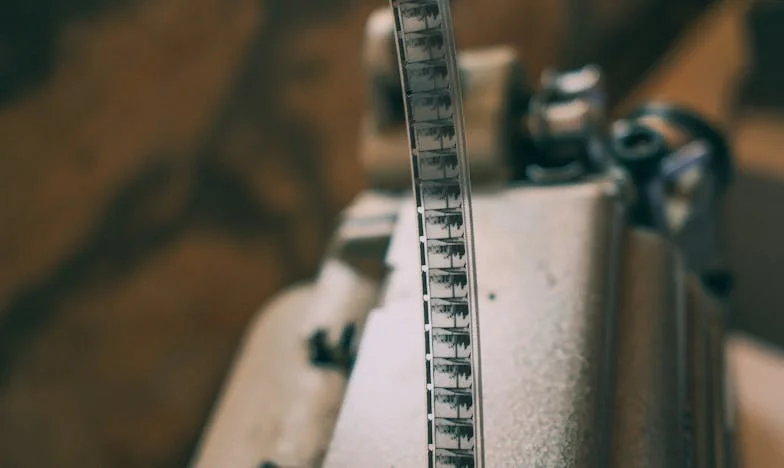Ashamed of My Love: When a Mother Can’t Compete with Wealth
“You just… you don’t get it, Mom. It’s embarrassing sometimes,” Emily mumbled, her eyes glued to her phone, thumb flicking through Instagram stories. The words hung in my kitchen like smoke after a fire. I froze, dish towel balled in my hands, unsure if I’d heard her right. Had my own daughter just said she was embarrassed by me?
I wanted to shout, to demand she look up and see the woman who raised her, sacrificing every comfort after her dad left. But all I managed was a shaky, “Embarrassed? By what? By me?”
She sighed, finally glancing up. In that look, I saw the child who clung to me when thunderstorms rattled her bedroom windows, but I also saw a stranger—someone who measured love in dollars and deeds, not devotion. “It’s just… you know how much the Bradleys help out. They paid for our down payment. They bought us a car. They babysit whenever we need. And you… I know you do what you can, Mom, but sometimes I wish you could help more. Like them.”
She shrugged, as if she hadn’t just carved out my heart and showed it to me.
I wanted to scream that I did help, I always had—late-night phone calls, casseroles dropped off when she was sick, standing in line at Walmart at 6 a.m. for Black Friday deals so she’d have a real Christmas—but none of that seemed to count against the Bradleys’ bottomless checkbook.
So I just nodded, swallowing hard. “I’m sorry, Em. I wish I could do more.”
She didn’t notice the tremor in my voice. Her phone buzzed and she was gone, leaving me alone with the hum of the refrigerator and the ache in my chest.
That night, the ache became a roar. Was I really not enough for her? All those years of scraping by, taking extra shifts at the diner, sewing her prom dress because we couldn’t afford Macy’s… Did those memories mean nothing?
I lay awake, replaying every moment I’d failed to be rich, to be like the Bradleys. I thought of Thanksgiving last year, when Emily invited me only after confirming her in-laws were out of town. She hadn’t wanted me to see their new house, she said, because it might make me feel bad. As if I didn’t already feel bad enough.
The next day, at work, I scrubbed tables with more force than usual. Hannah, my boss, noticed. “You okay, Linda?”
“Yeah,” I lied. “Just tired.”
She put a hand on my shoulder. “You’re a great mom, you know. Emily’s lucky.”
Was she? Or was she just lucky to have married into money?
That evening, I called Emily. “Can we talk?” I asked, voice tight. “Really talk.”
She hesitated but agreed. We met at her place—a beautiful colonial, all white trim and polished floors. I brought a pie, just like old times, but she barely glanced at it.
I sat across from her at the marble island in her kitchen. “Em, I need you to understand something. I know I can’t give you what the Bradleys can. I wish I could. But I gave you everything I had.”
She looked uncomfortable. “I know, Mom, but—”
“No, let me finish. I worked double shifts, skipped meals, wore the same coat for years so you could have new shoes. I gave you love, time, and every ounce of strength I had. Maybe that’s not enough for you now, but it’s all I had.”
Her eyes filled with tears, but she didn’t reach for my hand. “It’s not like that. I just…” She trailed off.
“I know you love me. But sometimes it feels like love isn’t enough.”
I nodded. “Maybe it isn’t. But it’s all I have.”
She looked away. “I’m sorry, Mom. I don’t mean to hurt you. It’s just hard. Everyone expects us to have things, to do things, to match what his family does. Sometimes I wish… I wish things were different.”
I stood, feeling old and tired. “Me too, Em.”
Driving home, I passed neighborhoods I could never afford. I remembered walks with Emily when she was little, her hand in mine, both of us dreaming of houses with big yards and wraparound porches. Now all I had was a tiny apartment and a daughter who measured my worth in what I could give—and found me lacking.
Weeks passed. Emily called less. When she did, it was about the baby or the house or the next family event with the Bradleys. I always said yes, always tried to be useful, but I felt the distance growing.
One day I saw a Facebook post: “So grateful for my in-laws! I don’t know what we’d do without them.” My name wasn’t mentioned.
At Christmas, I brought a handmade quilt for the baby, pieced together from scraps of Emily’s old dresses. The Bradleys gave a state-of-the-art stroller and a $500 Amazon gift card. Emily thanked everyone, but her smile for them was brighter. I left early, blaming a headache, and cried in my car until my hands shook.
I know love isn’t enough—not in a world like this, where money buys everything from security systems to affection. But I don’t know how to be anything other than what I am: a mother who loves, even when love is just another thing that isn’t enough.
Sometimes I wonder: When did we start believing that money meant more than love? Will my daughter ever remember the warmth of my arms, or just the cold comfort of her in-laws’ wealth?
